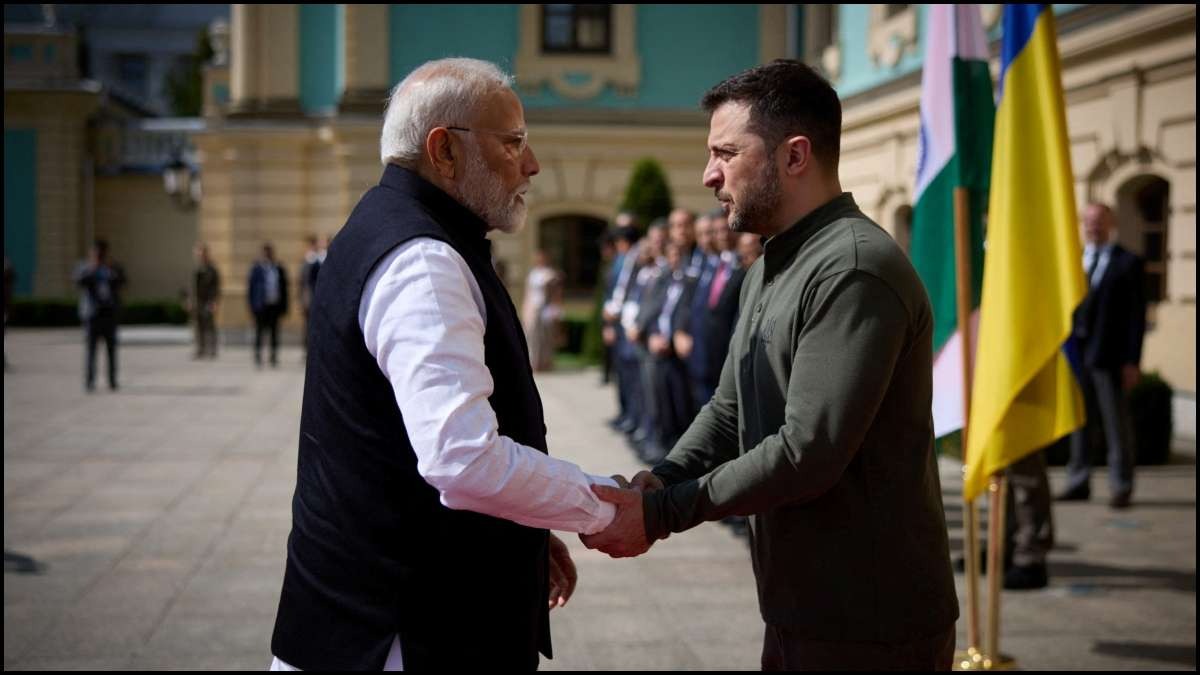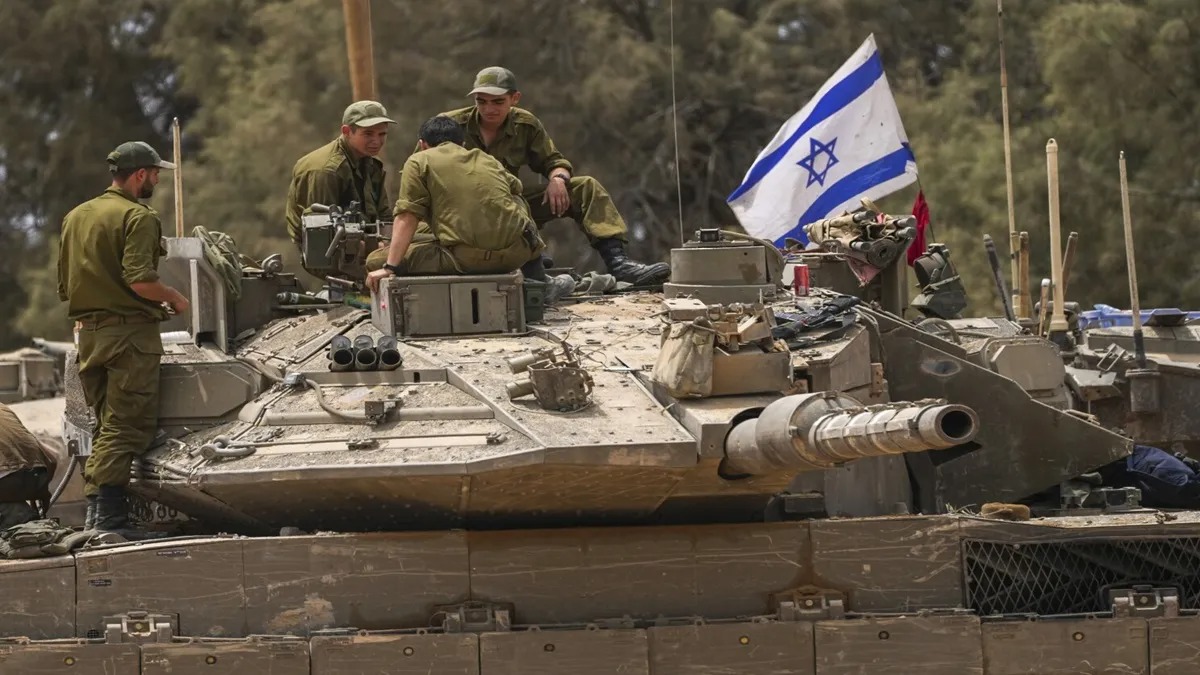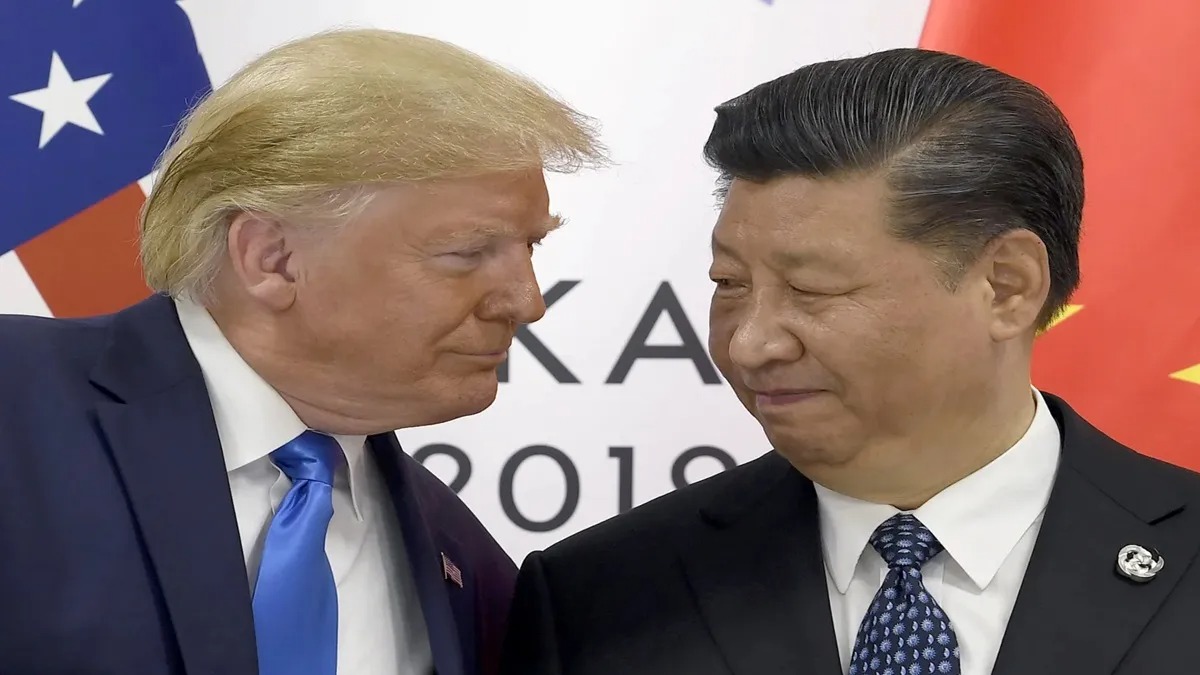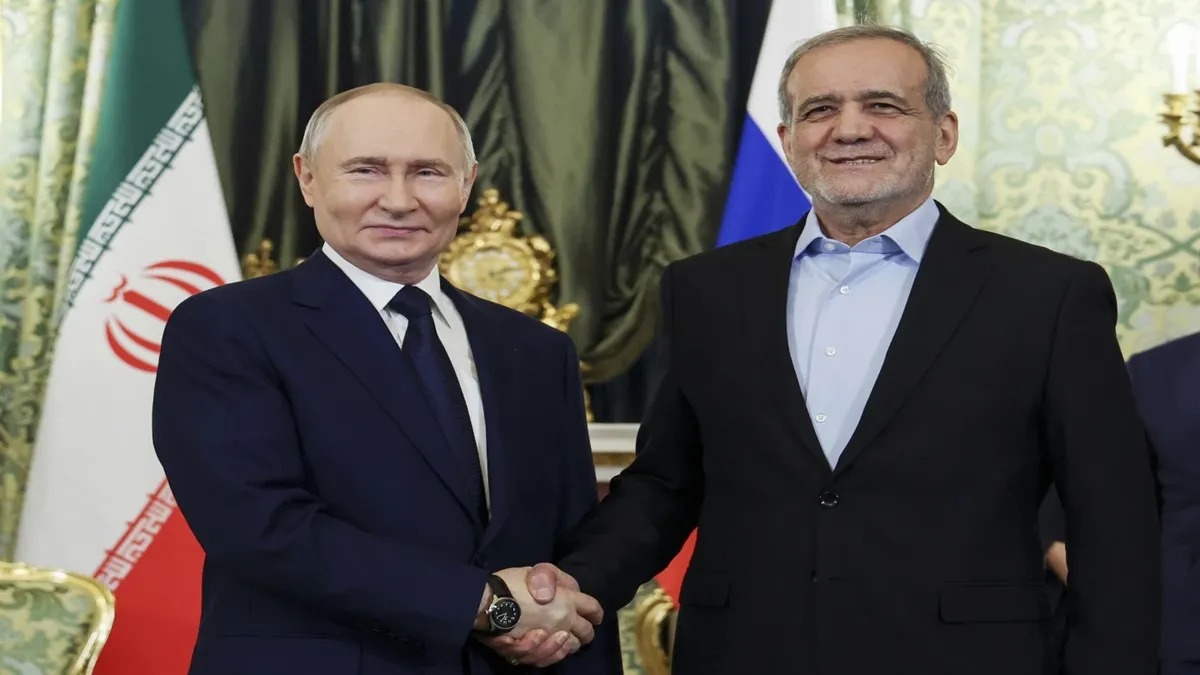
International: The United States welcomes any nation that is willing to help in ending the conflict between Russia and Ukraine, said White House national security communications adviser John Kirby on Wednesday. His remarks came almost two weeks after Prime Minister Narendra Modi's historic visit to Ukraine on August 23, where he met President Volodymyr Zelenskyy and offered India's assistance for an early resolution to the conflict.
When asked about US President Joe Biden's call to PM Modi after his Ukraine visit, Kirby said, "Any nation that is willing to try to help end this war and do so in keeping with President Zelenskyy's prerogatives, the Ukrainian people's prerogatives, his plan for a just peace, we would certainly welcome a role like that."
On whether he thought India could play a role in bringing peace, the White House official said, "Well, we certainly hope so." PM Modi, who was on a single-day visit to Kyiv, told Zelenskyy that New Delhi had not been neutral or an indifferent bystander during the Russia-Ukraine conflict and was always on the side of peace.
PM Modi held fruitful discussions with President Zelenskyy at Maryinskyi Palace, covering bilateral ties and regional and global issues of mutual interest. They also witnessed the signing of several agreements, including cooperation in agriculture, medical product regulation, humanitarian assistance, and cultural exchange.
PM Modi spoke to US President Biden to discuss the Russia-Ukraine conflict and the security of minorities, particularly Hindus, in Bangladesh after the recent turmoil. The President commended the Indian leader for his "message of peace and ongoing humanitarian support" for Ukraine and described his visit as historic.
Biden's discussions with PM Modi over Bangladesh
The White House readout of the call had no reference to Bangladesh, which was mentioned in an 'X' post by PM Modi. However, the White House on Wednesday (September 4) said Biden and Modi "shared concerns" on the recent developments in Bangladesh and the US President had expressed his concerns over the safety of people and the future of democratic institutions there.
"I mean, the president made clear his continued concerns about the safety and security of the people in Bangladesh and the future of their democratic institutions," he said in response to a question. A statement from the Prime Minister's Office (PMO) said the two leaders spoke about the restoration of law and order.
On speculations that the US statement on talks between Prime Minister Narendra Modi and US President Joe Biden did not feature Bangladesh, the Indian Ministry of External Affairs said the claims were "uninformed, tendentious, and motivated" and betrayed a "total lack of familiarity" with how contacts between world leaders are organised. "The subject of Bangladesh, which has been highlighted by certain quarters, was very much discussed substantially by both the leaders," said spokesperson Randhir Jaiswal.
"Firstly, press releases issued after such conversations between leaders are not like Joint Statements where every word is negotiated and mutually agreed upon. Secondly, such press releases are not meant to be comprehensive readouts of such conversations. Finally, it is not unusual for two sides to emphasise different aspects of the same conversation in their respective readouts." he said.
--Advertisement--

 Desk
Desk Share
Share






